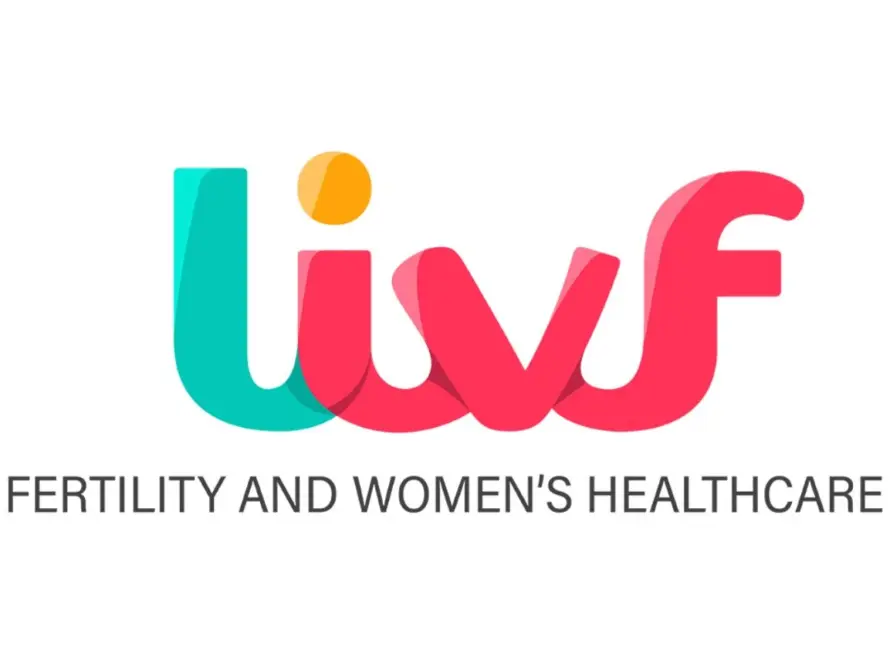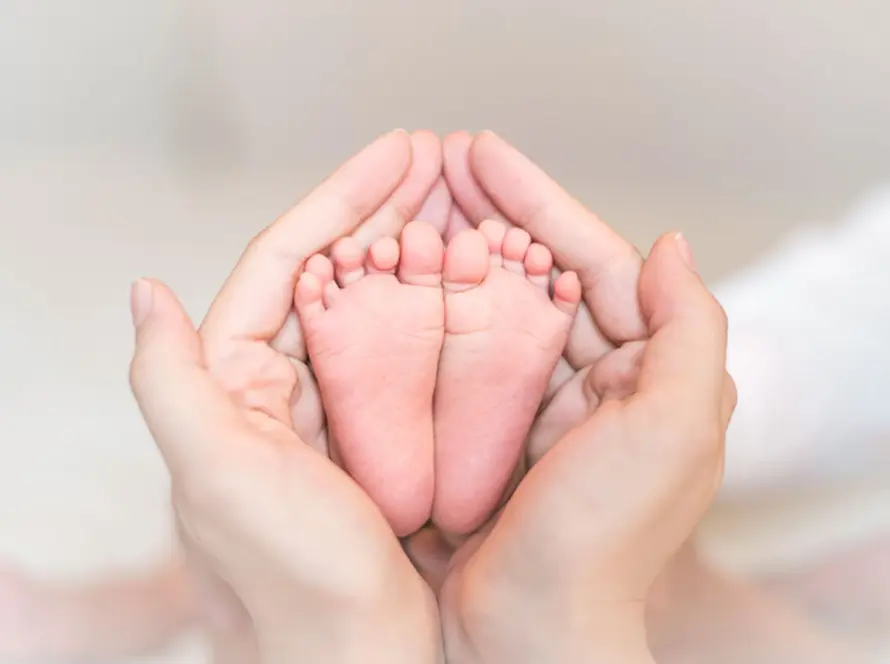Introduction
Childbirth is transformative, not just physically, but emotionally. While people often prepare for sleepless nights and diaper changes, few talk openly about the emotional turbulence that can follow. Whether you’re feeling unusually teary, distant, anxious, or just “not yourself,” know this: emotional changes after birth are common, valid, and deserve attention.
Postpartum emotional health isn’t just about avoiding depression, it’s about recognizing your feelings, understanding what’s normal, and knowing when to seek support. As much as your body heals after delivery, your mind also needs time, care, and compassion.
Baby Blues vs. Postpartum Depression

Within the first two weeks after childbirth, nearly 70–80% of new mothers experience what’s known as the “baby blues.” These are short-lived mood swings caused by the rapid drop in hormones like estrogen and progesterone following delivery. You may find yourself crying more easily, feeling overwhelmed, or snapping over little things. Baby blues typically peak around day 4 or 5 and fade on their own by the end of week two.
But when these feelings don’t go away or intensify, they may point to postpartum depression (PPD). This condition affects around 1 in 7 women, although it’s likely underreported due to stigma and lack of awareness. Symptoms of PPD include persistent sadness, lack of interest in the baby, hopelessness, sleep problems (beyond newborn care), appetite changes, and feelings of guilt or failure.
PPD can develop anytime in the first year after childbirth—not just immediately postpartum. Left untreated, it can affect bonding, breastfeeding, and the emotional health of the entire family. The good news? PPD is treatable with the right help.
The Psychological Impact of Hormones and Identity Loss
Beyond the initial hormonal dip that causes baby blues, ongoing hormonal fluctuations, especially decreases in estrogen, progesterone, and oxytocin can deeply influence mood, anxiety levels, and emotional resilience.
But it’s not all hormones. There’s also an identity shift that happens after childbirth. Your life, priorities, and self-perception change overnight. Many new mothers feel a profound sense of loss, not necessarily of the baby-free life itself, but of their old selves: the freedom, the routine, the work, the body they knew.
This shift can be particularly jarring for high-performing or perfectionist personalities, who are used to control and structure. Motherhood, especially in the early months, is often anything but structured. This dissonance between expectation and reality is emotionally exhausting and can trigger feelings of inadequacy.
Sleep Deprivation, Overwhelm, and Emotional Fragility

One of the most overlooked contributors to emotional distress in new mothers is sleep deprivation. When your sleep is fragmented into two-hour chunks for weeks or months, your ability to regulate emotions takes a serious hit. You become more irritable, more sensitive, and more prone to depressive or anxious thoughts.
This is compounded by the mental overload of constant decisions, feeding schedules, soothing techniques, diaper tracking, sleep routines and the often invisible labor of motherhood. Without downtime or recovery, many women feel trapped in a cycle of giving without replenishment.
It’s crucial to normalize the emotional fragility of this period. Crying at random moments, feeling resentment, or wanting space doesn’t make you a bad mother. It makes you human. These emotional dips are signals, not failures, they tell you it’s time to pause and seek support.
When Anxiety Takes the Wheel: Postpartum Anxiety and OCD
While depression gets most of the spotlight, postpartum anxiety is equally real. It can present as constant worry about the baby’s health, obsessive safety checks, racing thoughts, and an inability to relax even when the baby is sleeping soundly.
In some cases, mothers may experience postpartum obsessive-compulsive disorder (OCD), characterized by intrusive thoughts or compulsive behaviors. These thoughts can be disturbing (“What if I drop the baby?”) but are usually unwanted and resisted. They don’t indicate intent, but they do warrant professional help.
Recognizing these symptoms matters because many mothers dismiss them as “new mom jitters,” when in fact, they’re signs of treatable conditions.
The Role of Partners, Family, and Professional Support
Support can be a lifeline. Having someone, partner, parent, friend who checks in on you (not just the baby) is incredibly valuable. Even short conversations, hugs, or being given time to nap or shower can be game changers.
Partners play a critical role in early emotional care. Studies show that involved, supportive partners reduce the risk of postpartum mental health issues. Encouraging rest, sharing responsibilities, and simply listening can create a safer emotional space.
Equally important is professional support. OB-GYNs, therapists, and postpartum doulas are trained to recognize signs of emotional distress. If something feels “off” beyond the first few weeks or if you’re feeling numb, disconnected, or overwhelmed, it’s time to reach out.
Many top IVF centres in Chennai now provide integrated postpartum counselling as part of continued reproductive care. Clinics like LIVF Fertility Centre, recognized among the best IVF doctors in Chennai, understand that birth isn’t the end of the journey, it’s a new beginning, emotionally and physically.
Long-Term Effects and the Importance of Early Help
Ignoring postpartum emotional health can lead to longer-term complications. Depression or anxiety that persists may affect mother-child bonding, relationship dynamics, and even career or social reintegration. Some women go undiagnosed for years, only realizing in hindsight that what they felt wasn’t just tiredness, but true mental health distress.
On the flip side, early intervention, through therapy, peer groups, medication, or self-care, can significantly improve outcomes. You don’t need to be at rock bottom to get help. The earlier you act, the easier it becomes to navigate the healing process.
Conclusion
You’ve just done one of the hardest things a human body can do, bring life into the world. If you’re feeling lost, overwhelmed, or unusually emotional afterward, you’re not failing. You’re healing. And just like your body needs time and care, so does your mind.
Postpartum emotional shifts are deeply personal and incredibly common. Whether it’s baby blues, anxiety, or depression, none of it is shameful. What matters most is recognizing your needs and reaching out.
Your emotional wellbeing after childbirth isn’t optional, it’s essential. You matter, and support is out there.
Frequently Asked Questions (FAQ)
How do I know if what I’m feeling is baby blues or something more serious?
If your mood feels low but improves with rest or reassurance and fades within two weeks, it’s likely baby blues. If feelings persist or worsen beyond that, or interfere with daily life, consult a professional.
Can postpartum depression happen after an IVF pregnancy?
Yes. Regardless of how a pregnancy is conceived, hormonal shifts and emotional stressors affect all new mothers. In fact, some women may feel even more pressure to be “grateful,” which can make emotional struggles harder to admit.
Is it okay to take medication for postpartum depression while breastfeeding?
Yes. Many antidepressants are safe for breastfeeding mothers. A doctor can help choose what’s best for your situation.




